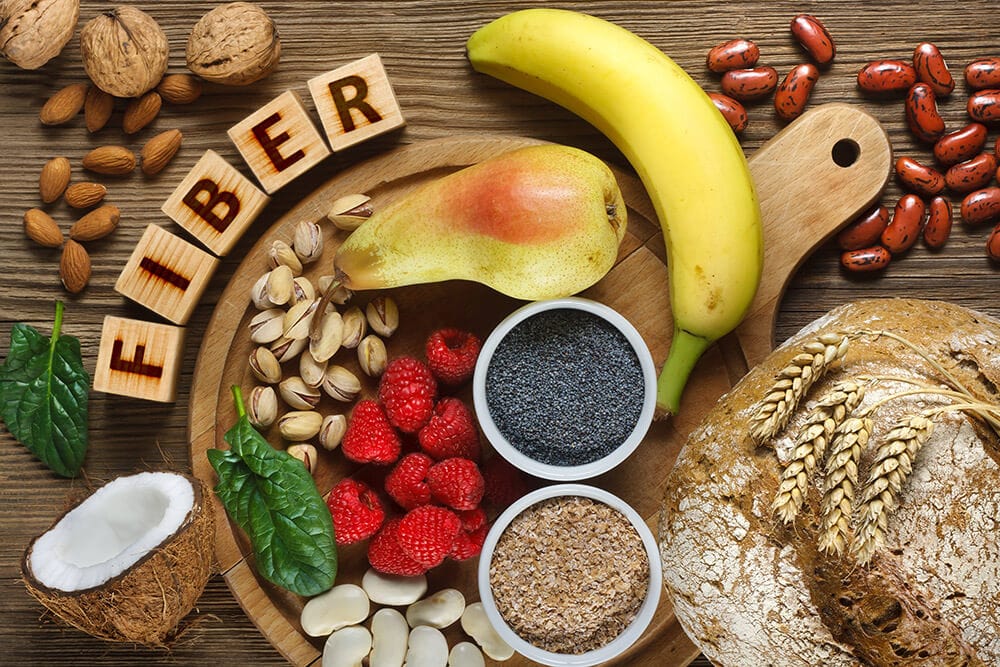Expert Treatment for Eosinophilic Esophagitis by Dr. Bharat Pothuri
Dr. Pothuri uses a step-by-step approach:
Medical History and Physical Exam
He reviews your symptoms-heartburn, epigastric pain, difficulty swallowing or food impaction-and asks about allergies, asthma or other atopic conditions.
Blood Tests
He orders a complete blood count to look for peripheral eosinophilia and rules out infections or systemic causes of inflammation.
Upper Endoscopy with Biopsy
This is the gold standard. He inspects the esophagus for rings, furrows and white exudates, then takes multiple biopsies. A finding of ≥15 eosinophils per high-power field confirms the diagnosis.
Esophageal pH Monitoring
When reflux and EoE symptoms overlap, 24-hour pH testing helps distinguish acid-driven injury from eosinophilic inflammation.
Allergy Evaluation
Skin-prick or serum IgE tests identify culprit foods or environmental allergens to guide an elimination diet.
Imaging & Motility Studies (if needed)
- Barium swallow can reveal strictures, rings or narrow segments contributing to pain.
- Esophageal manometry evaluates muscle function and rules out motility disorders.

Frequently Asked Questions
What causes reflux esophagitis?
Reflux esophagitis is caused by a weakened or relaxed lower esophageal valve that allows stomach acid to backflow and irritate the esophageal lining.
What is the ICD-10 code for reflux esophagitis?
The medical code for reflux esophagitis with esophagitis is K21.0.
What foods should I avoid?
Avoid spicy foods, citrus fruits, tomatoes, chocolate, caffeine, soda, fatty or fried meals, and alcohol to help reduce acid reflux symptoms.
When is surgery needed?
Surgery or advanced endoscopic procedures may be recommended if lifestyle modifications and medications do not adequately control your symptoms or heal the esophagus.
How long does it take to feel better?
Many patients notice symptom relief within a few days of starting treatment; complete healing of the esophagus may take several weeks.
Can reflux cause other problems?
Yes. Untreated reflux can lead to complications such as esophageal ulcers, scarring (strictures), or Barrett's esophagus, which increases the risk of esophageal cancer.
Can children have reflux esophagitis?
Yes. Children and infants can also develop reflux esophagitis, especially if they experience feeding difficulties, obesity, or other gastrointestinal conditions.












